Restricting open competition in new energy products and technologies will lead to a regression in the European Union's green transition and dampen the confidence of Chinese companies in investing in the EU, said a senior Chinese commerce official in Poland.
During his meeting with a number of Polish government officials in Warsaw on Wednesday, Chinese Vice-Commerce Minister Ling Ji said the EU has recently not only initiated antisubsidy investigations against Chinese electric vehicles, but also launched probes into Chinese companies in the photovoltaics, wind power and rail equipment sectors, citing international procurement practices and foreign subsidy regulations.
Ling said that while these moves are purported to maintain fair competition, they essentially serve as protectionism, according to a statement released by the Ministry of Commerce on Thursday.
"Maintaining fair competition must be based on rules, yet the EU's investigations are completely inconsistent with multilateral rules. If the EU continues to make mistakes, China will firmly protect the legitimate rights and interests of Chinese companies through concrete actions," said Ling, who is also deputy China international trade representative.
Speaking at a weekly news conference in Beijing on Thursday, He Yadong, spokesman for the Ministry of Commerce, said China has repeatedly expressed its concerns and strong dissatisfaction, hoping that the EU will abandon protectionism and resolve differences through dialogue and cooperation.
He said that China is willing to properly handle economic and trade frictions through dialogue and consultation with the EU, taking into account the legitimate concerns of both sides.
Noting that China and the EU are important economic and trade partners with a solid foundation for cooperation, He said that the decision by some Chinese automakers to build factories in Europe is a convincing illustration of mutual advantages and win-win cooperation between China and the EU.
This not only boosts the local economy and employment, but also promotes the development of the EU's new energy automotive industry, he added.
Echoing this sentiment, Chen Wenling, chief economist at the Beijing-based China Center for International Economic Exchanges, said that Chinese companies have made significant contributions to the economic advancement of numerous European countries. However, the EU's protectionist measures toward Chinese companies and products will backfire on the EU's green transformation goals.
There is considerable potential for enhanced bilateral cooperation in sectors like trade in services, high-end manufacturing, green energy, healthcare and agricultural products, given their substantial complementarity, said Chen.
China-EU trade amounted to 1.75 trillion yuan ($242 billion) between January and April, dropping 1.8 percent year-on-year and accounting for 12.7 percent of China's total foreign trade value during the period, said the General Administration of Customs.
Highlighting that stable and healthy China-EU businesses ties benefit companies from both sides, Lorenzo Riccardi, chairman of China-Italy Chamber of Commerce, said that China's economic growth rate has significantly outstripped that of Europe and even far surpasses the global GDP average.
"For instance, Suzhou, a city located in East China's Jiangsu province, has become a focal point for overseas investments from Italy's manufacturing sector," said Riccardi, adding that numerous Italian firms have joined forces to form substantial supply chain clusters in the city and the Yangtze River Delta region.
Attracted by China's improved business environment and well-developed industrial and supply chains, many Italian companies come to the country hoping to learn about the preferential policies available for European businesses, he added.








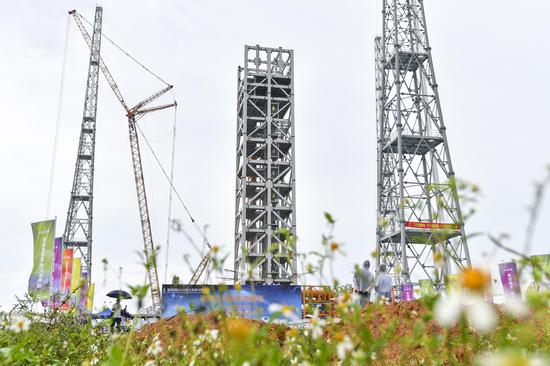


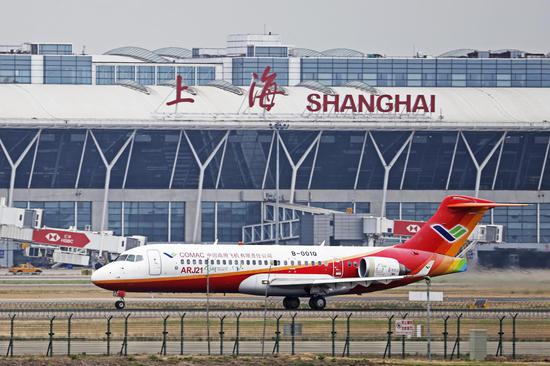



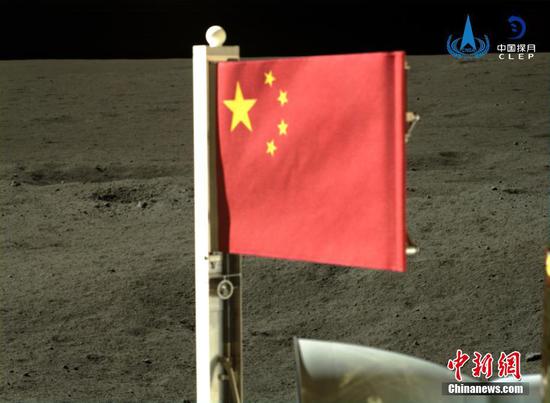
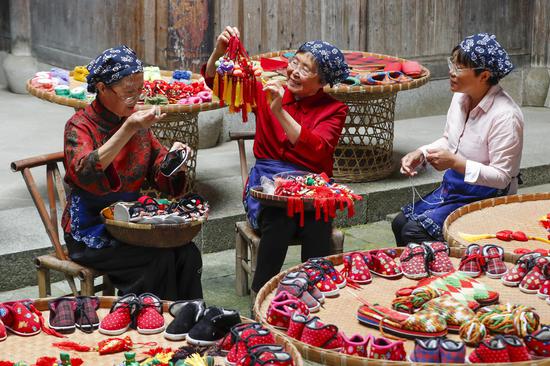


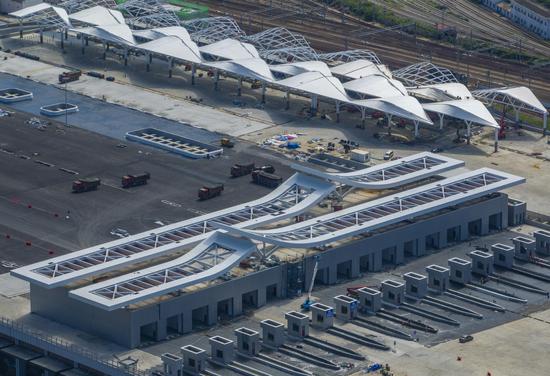

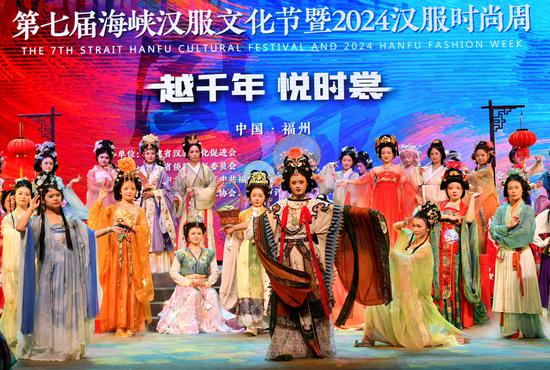

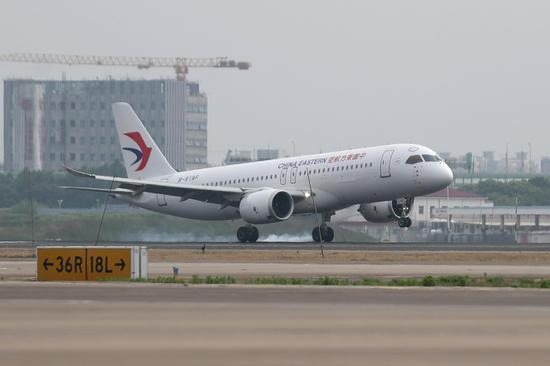

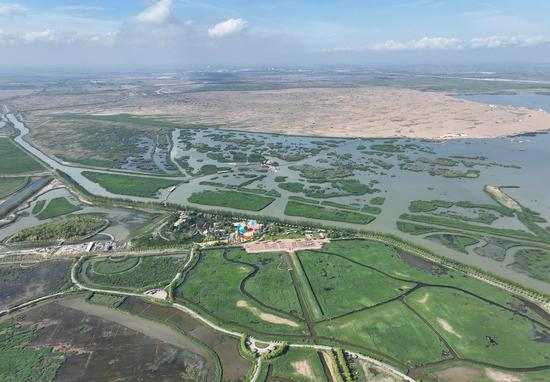
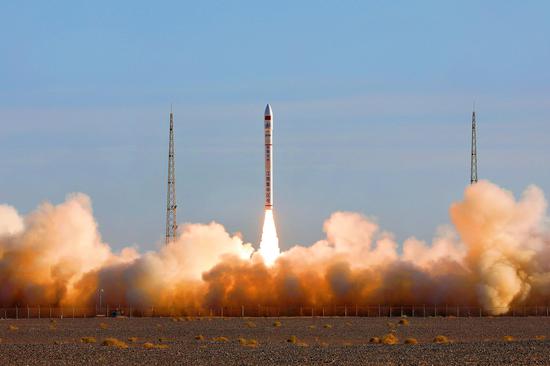
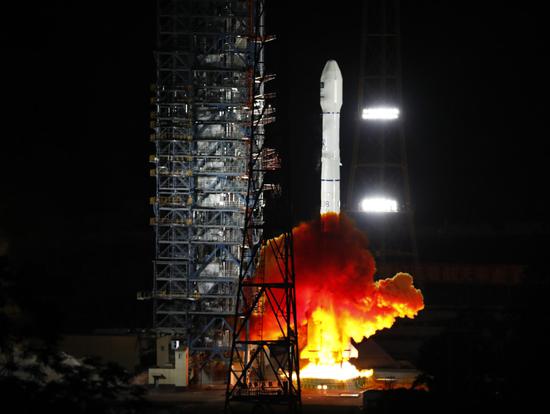
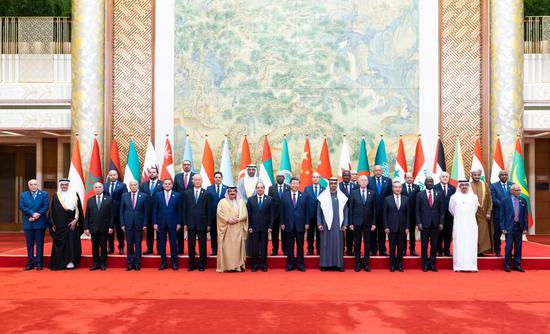

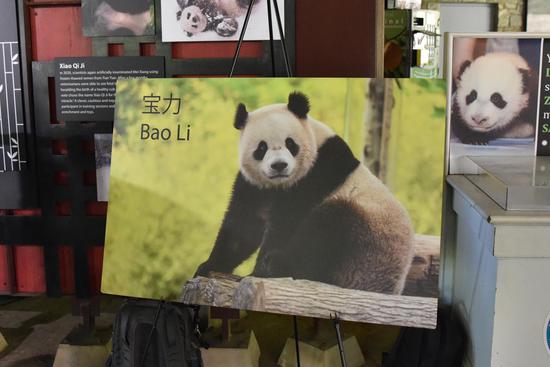
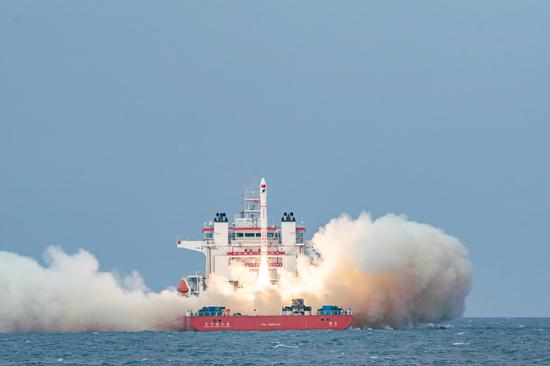

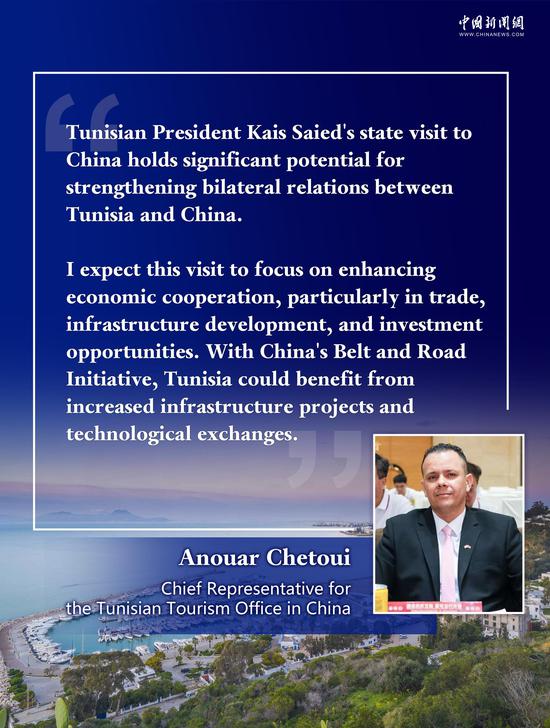
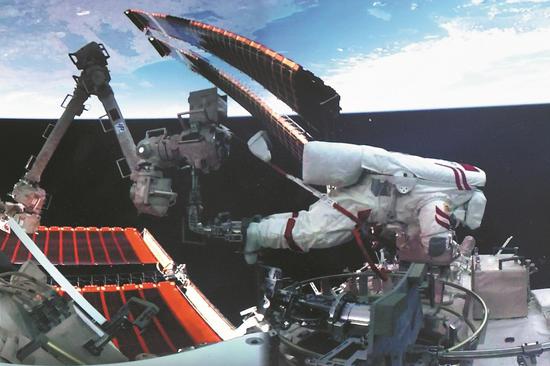


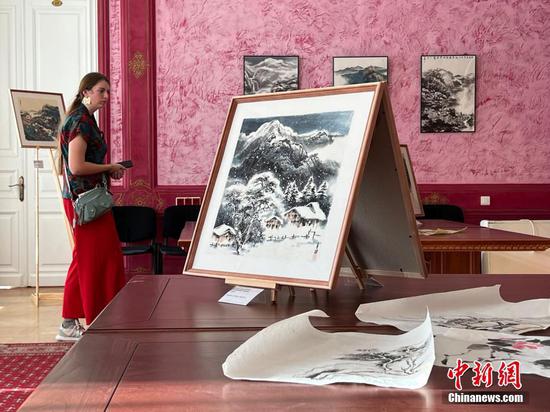

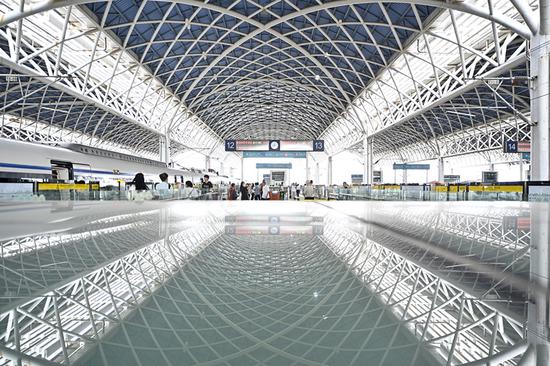



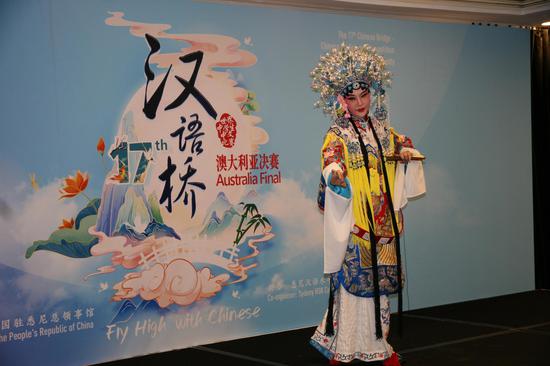






 京公网安备 11010202009201号
京公网安备 11010202009201号